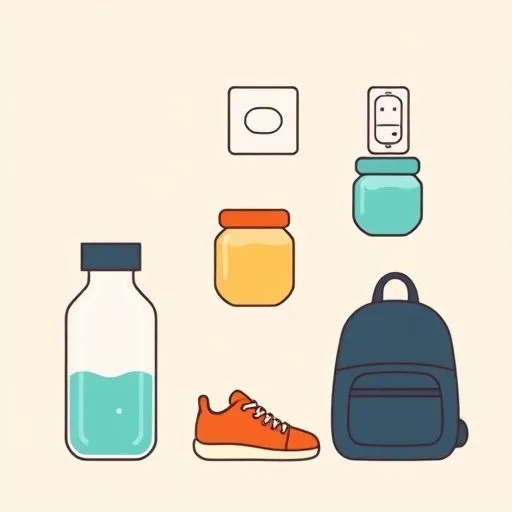
Mornings still feel like controlled chaos, don’t they? We’re still half-asleep when we’re packing lunches, searching for the matching shoe, making that one last plea for the cereal bowl to be emptied. Yet in the scramble, we’ve watched her. That careful way she rinses the jelly jar and sets it aside, not the trash. The gentle reminder to flip the light switch when they dash out. These small moments? They’re life lessons. When we’re intentional about the footprints we leave—both literal and metaphorical—we’re planting seeds that grow far beyond the kitchen table. Research shows kids learn sustainability best through these daily habits done with the family, not grand pronouncements. And that’s the quiet magic of it—we aren’t ‘teaching’ eco-consciousness, we’re living small, steady rhythms of care that become their own rhythm.
When the Water Bottle Becomes a Teacher
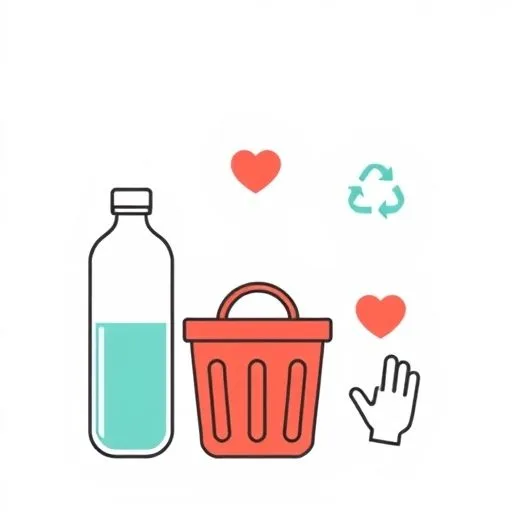
We’ve all seen it happen—the way they’ll mimic the small, everyday habits. Like how they pause before dropping something, wondering if it goes into the recycling bin after watching their mom do this countless times. That’s why making recycling a family game works.
When everyone helps sort, we’re building something together. It’s not about the startling fact that just one aluminum can recycled saves enough energy to power a TV for three hours (though that’s impressive). It’s about that shared moment where we’re sorting, washing, and laughing together.
‘Dad, this has a triangle symbol—recycle, right?’ The pride in their voice when they figure it out. That’s the real change. We’re shaping their future decisions by the small, daily choices we make together. This isn’t perfection—it’s practice. And when we practice together, those habits become invisible.
The Power of ‘We’ Instead of ‘You Should’
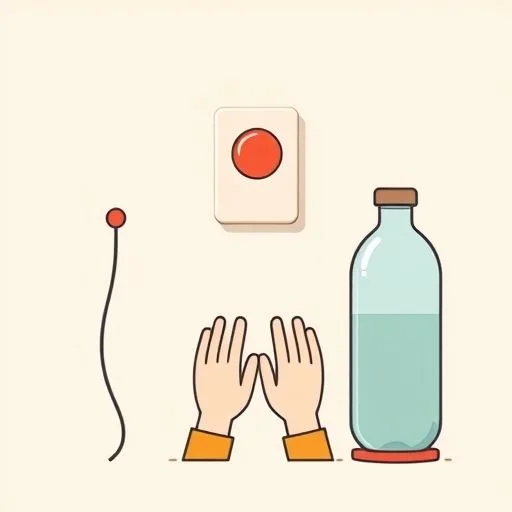
Studies show that when we frame sustainability as a family effort—’we’ turn off lights, not ‘you must’—it sticks. That light switch reminder? That’s not just saving energy. It’s a tiny act of togetherness.
Same with the water bottle refill station. When we’re all filling up before heading out like an expedition team equipping for adventure, we’re not just conserving water—we’re building a team identity. The key is in making it routine.
We forget to turn the tap off while brushing our teeth? We laugh about it tomorrow. We’ve all been there. And our kids see it’s not about perfection. It’s about persistence. The real magic happens when they start reminding us—’Mom, you forgot your reusable bag!’—without us ever asking. Then we’re truly building a new way of being together.
That Spark in the Farmers Market
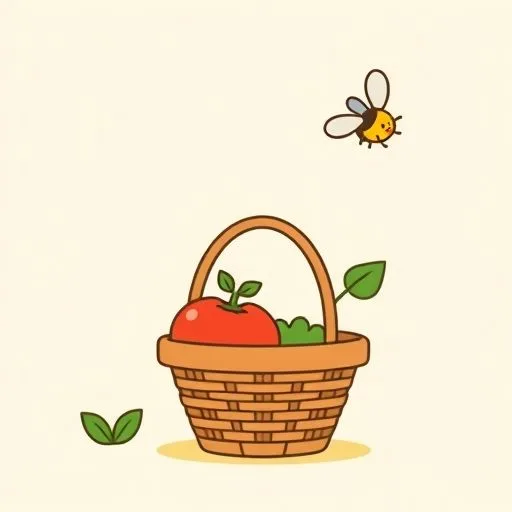
One of the simplest ways to nurture eco-consciousness? Let them meet the farmer who grew the tomatoes. That connection—that moment when the farmer explains the difference between strawberry varieties—changes everything.
We’ve watched the shift happen. Suddenly, they’re asking about how food grows, not grumbling about eating peas. It’s not about preaching. We’re just being curious together. ‘What’s growing here? When do we plant these seeds at home?’ Their curiosity naturally leads to caring.
That trip to the farmers market? It’s not just a lesson in sustainability. It’s a love letter to the earth, written in strawberries and shared questions.
We’re planting the seeds of understanding that food comes from somewhere, cared for by someone. And when we’re there, we’re not just shoppers—we’re part of the story of how things grow.
They’ll Grow What We’ve Watered
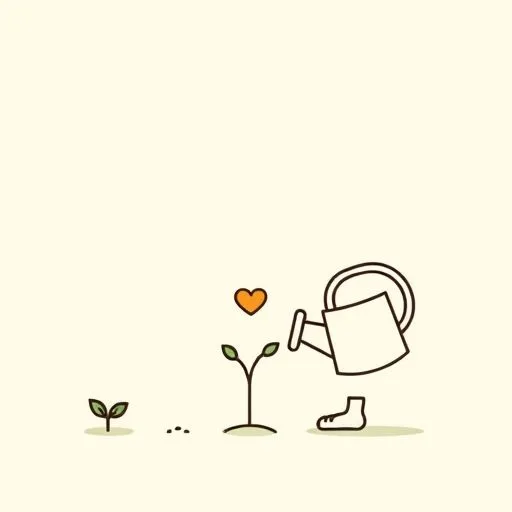
We’ve all had those moments where we’ve thought, ‘Is this sinking in?’ But when they’re the ones reminding us to bring a reusable container for the restaurant leftovers—that’s our answer.
Sustainable parenting isn’t about raising perfect kids who never make mistakes. It’s about raising kids whose hearts are tuned to the earth. Little by little, habit by habit. Turning off the tap. Choosing the second-hand toy. Bringing a reusable water bottle.
These small steps—they’re not just about today. They’re about the future they’ll carry. And when we do it together, it’s no longer a checklist. We’re building a family culture of care.
We won’t know for years the full impact, but we’ll see the hints—the way they’ll pause to watch a butterfly longer, or pick up the trash they found without being asked. That’s the quiet growth we’ve nurtured together.
Source: 2025 Forbes Sustainability Leaders Summit, Forbes, 2025-09-29
